Discover Reformed Forum
Reformed Forum

Reformed Forum
Author: Reformed Forum
Subscribed: 1,835Played: 95,099Subscribe
Share
© Reformed Forum
Description
Reformed Forum supports the church in presenting every person mature in Christ (Colossians 1:28) by providing Reformed theological resources to pastors, scholars, and anyone who desires to grow in their understanding of Scripture and the theology that faithfully summarizes its teachings.
1264 Episodes
Reverse
Harrison Perkins speaks about Samuel Miller's views on Presbyterianism. Dr. Perkins has edited a new edition of Miller's Presbyterianism: Its History, Doctrine, Government, and Worship, which has been published by Log College Press. Samuel Miller, the first professor of Ecclesiastical History and Church Government at Princeton Theological Seminary and a prolific author, published this introduction and defense of Presbyterianism in 1835. Originally titled Presbyterianism: The Truly Primitive and Apostolical Constitution of the Church of Christ, Miller covers the basics of Presbyterian belief and practice, grounding his material in the Scriptures primarily and church history secondarily. Dr. Harrison Perkins is Stated Supply at Oakland Hills Community Church in Farmington Hills, Michigan Visiting lecturer in systematic theology at Edinburgh Theological Seminary and online instructor at Westminster Theological Seminary. He is the author of Catholicity and the Covenant of Works: James Ussher and the Reformed Tradition, of which he spoke on Christ the Center episode 677.
After having created Adam in his image and placing him in the Garden of Eden, God entered into a covenant with him (Gen. 2:16–17). In Westminster Confession of Faith 7.1, the divines wrote, The distance between God and the creature is so great, that although reasonable creatures do owe obedience unto him as their Creator, yet they could never have any fruition of him as their blessedness and reward, but by some voluntary condescension on God's part, which he hath been pleased to express by way of covenant. There are several important things to note in this passage. First, upon creation and prior to the establishment of the covenant, Adam already knew God and owed him obedience merely from the fact that he was created in God's image. God did not owe Adam anything, and Adam could in no way place God into his debt. Second, the type of fruition that the covenant affords is that of God as "blessedness and reward." Adam already owed God personal, perfect, exact and entire obedience, though God voluntarily condescended to establish the covenant of works by which Adam could consummately come to know God in glory. In other words, he could ascend God's holy hill (Psalm 24) through the gratuitous means God provided. Westminster Confession of Faith 7.1 is not describing covenant as the means by which God ontologically or metaphysically condescends to creation. God does not assume new properties, attributes, or characteristics to do so. Neither does the confession speak of the covenant as the means by which Adam comes to know God generally—as if Adam would not even know that God existed apart from a covenant. The covenant is the means by which he may come to know God specifically as his blessedness and reward. https://vimeo.com/410742856
In this episode, Dan Ragusa speaks about Letters from America (Reformed Forum) Between 1935 and 1940, Cornelius Van Til (1895–1987) wrote twenty-four letters from America for the Dutch magazine De Reformatie at the invitation of its editor Klaas Schilder (1890–1952). Daniel Ragusa's translation presents these letters in English for the first time. Letters from America opens a window into a critical moment in Reformed history—when orthodox and confessional Presbyterianism in America was under siege from both modernism and the rising influence of Barthianism, which Van Til labeled "the new modernism." Ragusa introduces these letters by situating them within the broader relationship between the Dutch Reformed in the Netherlands and the orthodox Presbyterians in America—a relationship that reaches back to the seventeenth century. Van Til's wartime-like correspondences—written in the heat of theological conflict—offer a firsthand account of the spiritual and ecclesiastical upheavals of the era. Through Van Til's eyes, fixed steadfastly on his risen and reigning Lord, readers witness pivotal moments in American Presbyterian history, among them J. Gresham Machen's trial, deposition, and sudden death; the founding of Westminster Theological Seminary and the evangelistic work of its graduates; and the formation of the Presbyterian Church of America and its subsequent renaming as the Orthodox Presbyterian Church. Far more than museum pieces, these letters bring to life a pivotal chapter in the defense and development of the Reformed faith that helps us to make sense of our present ecclesiastical and theological landscape. Chapters 00:00:07 Introduction 00:06:13 Upcoming Seminar in Raleigh, NC 00:09:29 Dr. Ragusa's Introduction to Van Til's Dutch Letters 00:20:54 Van Til's Concern for the Church 00:29:16 Highlights of the Letters 00:36:19 Van Til's Hope for the Church 00:42:38 The Afscheiding (Secession) of 1834 00:57:46 A Vision for the Future of the Church 01:06:05 Remaining Faithful Today 01:12:15 Conclusion This is Christ the Center episode 947 (https://www.reformedforum.org/ctc947)
In this episode, we continue engaging Geerhardus Vos's treatment of repentance and the righteousness of the kingdom. The discussion begins by clarifying the close relationship between faith and repentance: Both are saving graces, sovereignly gifted by God, inseparably joined in conversion, yet not identical. Faith uniquely receives and rests upon Christ for justification, while repentance—though necessary—never functions as the instrument of union with Christ or the ground of God's verdict. This careful distinction protects the gospel from subtle moralism and keeps repentance in its proper place as fruit flowing from mercy apprehended in Christ. Vos then situates repentance within Jesus' proclamation of the kingdom: Repentance corresponds to the kingdom's righteousness-aspect, just as faith corresponds to its power-aspect. Repentance is not a meritorious condition for entry, but the moral-spiritual "fitness" that belongs to life under God's righteous reign. The episode explores Vos's "vernacular of repentance" in the Gospels—regret, inner reversal, and outward turning—showing that biblical repentance is comprehensive, God-centered, and transformative. Far from mere remorse or isolated moral adjustment, repentance is a whole-life reorientation toward God, forming a people whose inner and outer life increasingly reflects the righteousness of the kingdom. Watch on YouTube Chapters 00:00 2026 Raleigh, NC Seminar 02:19 Introduction 04:40 Faith and Repentance 11:42 The Connection to the Kingdom of God 16:05 The Logical and Instrumental Priority of Faith 22:19 Aspects of the Kingdom 32:47 The Vernacular of Repentance 37:05 The Universal Demand of Repentance 46:36 Conclusion
n this episode, Nick Bullock, senior pastor of Christ Church (PCA) in New Braunfels, Texas, joins Camden Bucey and Jim Cassidy to discuss an upcoming conference themed "Thy Word is Truth" (February 27–March 1, 2026) and, more importantly, why a sturdy doctrine of Scripture is not a luxury but a necessity for the church. They explore how Scripture's authority undergirds every other theological conversation, shaping how Christians understand God, worship him, and resist the many counterfeit "voices" that compete for allegiance. The conversation also highlights a timely pastoral burden: weak views of Scripture often leave believers vulnerable—whether to "me-and-my-Bible" isolation (confusing sola with solo), or to the perceived stability of traditions that promise rootedness without delivering true unity. By reconnecting the doctrine of Scripture to the doctrine of God—his truthfulness, immutability, and steadfast love—the episode invites listeners to hear again the shepherd's voice in God's word and to respond with reverent, regulated, Christ-centered worship. Watch on YouTube Chapters 00:00:07 Introduction 00:01:45 Ministry in Central Texas 00:10:03 Thy Word Is Truth Conference 00:17:18 Laying a Foundation on God's Word 00:34:22 The Attributes of God and the Doctrine of Scripture 00:44:27 Mysticism and Apophaticism 00:49:38 The Sufficiency, Necessity, and Excellency of Scripture 00:53:44 The Regulative Principle of Worship 01:04:03 Conclusion This is Christ the Center episode 945 (https://www.reformedforum.org/ctc945)
In this episode we welcome church historian Stephen Presley to explore the life, theology, and enduring relevance of Irenaeus of Lyons. Writing in the latter half of the second century, Irenaeus emerges not merely as a polemicist against Gnosticism but as a deeply pastoral theologian—one whose doctrine, biblical interpretation, and ecclesial commitments were inseparably bound to the life of the church. Presley highlights Irenaeus's vision of Scripture as a unified, Christ-centered story, summed up in his doctrine of recapitulation: all things find their meaning, coherence, and redemption in Christ, the true head of humanity. Against both ancient Gnosticism and modern disembodied spiritualities, Irenaeus affirms the goodness of creation, the integrity of the human person, and the necessity of catechesis rooted in the rule of faith. For today's church—navigating doctrinal confusion, cultural fragmentation, and questions of discipleship—Irenaeus offers a compelling model of theological method that is biblical, confessional, pastoral, and profoundly Christ-centered. Dr. Stephen O. Presley is Director of Education and Engagement and Senior Fellow for Religion and Public Life at the Center for Religion, Culture and Democracy and Associate Professor of Church History at Southern Seminary. Watch on YouTube Chapters 00:07 Introduction 01:47 The Center for Religion, Culture, and Democracy 04:48 How to Pronounce Irenaeus 08:48 The Early Church 13:31 Irenaeus as a Church Theologian 16:00 The Rule of Faith 20:36 Reading Scripture 26:11 Recapitulation 30:18 Against Gnosticism 33:38 Christ as the New Adam 44:07 Surprises While Writing the Book 46:39 Conclusion
In this episode of Christ the Center, Camden Bucey and Lane Tipton discuss a deceptively brief but theologically weighty section of Geerhardus Vos's Biblical Theology, exploring Jesus' critique of first-century Jewish ethics. Far from addressing merely surface-level moral failures, Vos shows that Jesus exposes a deeper religious collapse—one marked by practical deism and pervasive self-centeredness. When God's glory is displaced as the center of ethical life, obedience becomes external, fragmented, and ultimately irreligious. This conversation presses the listener to consider how these same distortions reappear across church history and into the present—whether in moralistic fundamentalism, liberal Protestant ethics, or debates surrounding the New Perspective on Paul. The antidote Vos commends is not tighter rules or refined casuistry, but a recovery of true religion: life coram Deo, grounded in union with Christ, animated by delight in God himself as our supreme reward. In Christ, obedience is restored to its proper place as worship, flowing from grace rather than self-reliance. Watch on YouTube Chapters 00:07 Introduction 07:32 Jesus's Critique of Jewish Ethics 18:07 Common Distortions of Ethics 32:55 Modern Expressions of the Same Error 40:46 Von Harnack and the Essence of Christianity 44:08 The New Perspective on Paul 49:35 The Antidote 52:28 Conclusion
In this episode of Christ the Center, we welcome Josiah Leinbach to discuss William Whitaker's A Disputation on Holy Scripture—a monumental sixteenth-century defense of sola Scriptura, newly edited and republished by Prolego Press. Written in 1588 against leading Roman Catholic theologians such as Robert Bellarmine, Whitaker's work offers a comprehensive treatment of Scripture's authority, canon, clarity, and sufficiency. Leinbach explains how Whitaker combined Renaissance humanism with scholastic rigor, engaging Scripture, church history, and patristic sources to show that Protestant convictions about Scripture were neither novel nor reactionary, but deeply rooted in the catholic tradition of the church. The conversation also explores the modern relevance of Whitaker's work—especially amid contemporary debates over authority, tradition, and ecumenism. Leinbach reflects on how advances in historical and textual scholarship have confirmed many of the Reformers' arguments, while Rome's own positions have shifted over time. Whitaker's insistence on the perspicuity of Scripture, the singular infallibility of God's Word, and the Spirit's inward testimony offers not only apologetic clarity but deep pastoral comfort. This episode invites listeners to recover confidence in Scripture as God's clear and sufficient means of revealing Christ to his people. Watch on YouTube Chapters 00:07 Introduction 01:08 William Whitaker's A Disputation on Holy Scripture 07:25 Leinbach's Transition from History to Machine Learning 18:10 Whitaker's Polemical Approach 22:03 The Canon of Scripture 25:50 The Perspicuity of Scripture 28:29 Biblical Authority 32:02 The Testimony of the Holy Spirit 35:27 Ecumenical Dialogue Yesterday and Today 48:10 Future Works 52:25 Conclusion Participants: Camden Bucey, Josiah Leinbach
In this episode, Camden Bucey and Marcus Mininger reflect together on Resurrection and Redemption by Richard B. Gaffin, Jr.—a work that has profoundly shaped Reformed biblical theology over the past half century. Rather than offering a technical review, the conversation unfolds as a guided meditation on the book's central claim: that Christ's resurrection is not a theological afterthought but the controlling center of Paul's soteriology and eschatology. Gaffin's careful exegesis helps readers see how redemption is inseparable from resurrection life in union with the risen Christ. This discussion is part of Reformed Forum's broader effort to offer conversational commentaries on formative Reformed texts—books that have formed us as pastors and theologians. Bucey and Mininger highlight why Resurrection and Redemption remains so enduringly fruitful: it teaches the church to think biblically about salvation, not as a static transaction, but as participation in the resurrected life of Christ. The result is theology that serves the pulpit, strengthens assurance, and orients the Christian life toward the hope of glory already secured in the risen Lord. Watch on YouTube Chapters 00:00:07 Introduction 00:01:56 International Cohorts and Reading Guides 00:10:31 Encountering Resurrection and Redemption 00:16:15 The Title and Purpose of the Book 00:26:18 The Discipline of Biblical Theology 00:32:56 Paul as Theologian 00:51:23 Redemptive-Historical Epochs 00:59:44 The Occasional Nature of Paul's Writings 01:08:27 Conclusion
Dr. C. N. Willborn, pastor of Covenant PCA in Oak Ridge, Tennessee, speaks about the life, ministry, and enduring theological legacy of John Lafayette Girardeau—a figure often hidden in the shadow of Thornwell and Dabney, yet towering in pastoral warmth, covenant theology, and confessional clarity. Girardeau emerges as a remarkably gifted scholar, a pastor deeply loved by both enslaved and free Black congregants, and a theologian who married doctrinal precision with heartfelt pastoral care. Through stories of his early intellectual formation, his ministry at Zion Presbyterian Church, his courageous stand against segregation in 1874, and his role in shaping debates on adoption, the will, worship, and evolution controversies, listeners gain a moving portrait of a man captivated by Christ and devoted to the communion of the saints. This episode invites us to look beyond caricatures of Southern Presbyterianism and see a pastor who was shaped by his Huguenot and Scottish heritage, attentive to the spiritual well-being of the marginalized, and unwavering in his conviction that the church must be governed by Scripture and formed by a robust federal theology. Girardeau's story not only expands our understanding of American Presbyterian history—it encourages believers today to pursue ministry marked by doctrinal fidelity, Christ-centered preaching, and sacrificial love. Watch on YouTube Chapters 00:00:16 Introduction 00:03:28 Introducing John L. Girardeau 00:24:49 French Huguenot Background 00:31:48 Academic Abilities 00:42:29 Girardeau's Relation to the Church After the War 00:49:44 Significant Motions and Statements 00:56:05 Opposition to Segregation at the 1874 General Assembly 01:00:19 Influence upon Southern Presbyterianism 01:05:19 The Battle over Evolution 01:11:21 Works by Girardeau 01:21:59 Conclusion Links Biographical sketch on Girardeau This is Christ the Center episode 940 (https://www.reformedforum.org/ctc940)
As Christ the Center closes out another year of weekly theological conversation, this special episode reflects on God's faithfulness throughout 2025 by revisiting the most-watched and most-listened-to episodes of the year. Drawing from YouTube engagement, Camden Bucey highlights ten conversations that resonated deeply with listeners—spanning biblical exegesis, redemptive-historical interpretation, Trinitarian theology, apologetics, and pastoral formation. Together, these clips showcase the breadth of Reformed Forum's work: rigorous scholarship, confessional clarity, and a steady commitment to Christ-centered interpretation of Scripture. The episode also celebrates significant ministry milestones: thousands of students served through Reformed Academy, international reading cohorts across six continents, new books published, and the largest theology conference in Reformed Forum's history. Framed by the theme "Growing Together into Christ" (Ephesians 4:15–16), this highlights episode not only looks back with gratitude but looks forward with confidence—inviting listeners to partner in the ongoing work of theological education for the church worldwide. Watch on YouTube Chapters 00:00:07 Introduction 00:00:57 Looking Forward to 2026 00:01:38 Growing Together into Christ 00:04:26 Top 10 Episodes of 2025 00:05:05 Greg Beale | The Use of the Old Testament in Colossians (YouTube) 00:08:59 Van Til Group #15 — A Critique of Mathison's Toward a Reformed Apologetics (YouTube) 00:19:44 Robert Letham | The Holy Spirit (YouTube) 00:23:57 David Saxton | Biblical Meditation: God's Battle Plan for the Mind (YouTube) 00:29:04 William Dennison | Van Til and the Problem of Evil (YouTube) 00:34:28 Danny Olinger | Meredith G. Kline's Biblical-Theological Reading of the Book of Revelation (YouTube) 00:45:06 Marcus Mininger | Redemptive-Historical Interpretation (YouTube) 00:51:14 Vos Group #99 — Millennial Views and Modern Theories of the Kingdom (YouTube) 00:59:37 Marcus Mininger | Impossible to Be Restored? Temptation and Warning in the Epistle of Hebrews (YouTube) 01:14:02 J. Brandon Burks | The Puritans and the Salem Witch Trials (YouTube) 01:19:38 Conclusion Participants: Bill Dennison, Camden Bucey, Carlton Wynne, Danny Olinger, David Saxton, Greg Beale, J. Brandon Burks, Jim Cassidy, Lane G. Tipton, Marcus Mininger, Robert Letham This is Christ the Center episode 939 (https://www.reformedforum.org/ctc939)
In this conversation from Austin, Jim Cassidy, Lane Tipton, and Camden Bucey reflect on the abiding value of the Westminster Shorter Catechism as a tool for cultivating a God-centered, covenantally rich, and confessionally rooted Christian life. The discussion highlights Jim's new book, Introducing the Faith: A Study of the Westminster Shorter Catechism, which serves as a written complement to his two free Reformed Academy courses through which he teaches the Shorter Catechism (Questions 1–38 and Questions 39–106). Together, the hosts trace their own histories with the Standards, demonstrating how catechesis shapes believers in the chief end of man—to glorify and enjoy God forever. They also explore how the catechism's covenant theology anchors the church in biblical teaching, safeguarding the glory of God amid contemporary pressures. The discussion turns to the weighty task of confessional subscription—its history, responsibilities, and the risks of revision. With pastoral clarity and historical attentiveness, the hosts encourage churches and teachers to handle their confessions with both gratitude and vigilance. The episode concludes with a look at the ongoing mission of Reformed Academy and the resources being developed to strengthen the church in catechesis and confessional fidelity. Watch on YouTube Chapters 00:00 Setting the Scene in Austin 03:14 Why Catechesis Matters Today 09:12 Personal Histories with the Westminster Standards 16:47 Man's Chief End and the God-Centered Life 20:44 Covenant Theology in the Catechism 26:22 Guarding the Glory of God in Reformed Theology 31:48 Confessional Revision: History, Risks, and Responsibilities 57:47 Looking Ahead: Resources and the Mission of Reformed Academy Participants: Camden Bucey, Jim Cassidy, Lane G. Tipton
In this installment of Vos Group, Camden Bucey and Lane Tipton explore pages 392–395 of Geerhardus Vos's Biblical Theology and his rich, God-centered understanding of righteousness within the kingdom of God. They emphasize that true righteousness is never a human-centered moral construct but is rooted entirely in the character, will, and sovereign rule of the triune God. Vos contrasts biblical righteousness with pagan and modern distortions that treat ethics as merely horizontal or civic. Instead, righteousness is what agrees with, pleases, and exists for God—meaning believers live every moment coram Deo, before His face, in covenant fellowship. The episode also unpacks how righteousness relates organically to the coming of God's kingdom: it is concurrent with God's reign, a gift worked by the Spirit, and graciously rewarded for Christ's sake. Camden and Lane draw out the pastoral comfort that Christ—who possesses unlimited dominion—reigns not only from heaven but also within the hearts of His people. This kingdom reality transforms daily obedience into worship, participation in God's redemptive purposes, and hopeful anticipation of our final inheritance in Him. Watch on YouTube Chapters 00:07 Introduction 08:49 Righteousness Is God-Centered 16:42 Living Before the Face of God 28:03 The Kingdom of God and Righteousness 32:45 Participating in the Kingdom 40:52 Righteousness and God's Sovereign Rule 43:55 Conclusion Participants: Camden Bucey, Lane G. Tipton
In this episode, Dr. Harrison Perkins speaks about his new book A Penitent People: The Doctrine of Repentance (Christian Focus). Perkins brings the warmth of pastoral ministry together with the clarity of confessional Reformed theology. He explains that repentance is often misunderstood—as if it were a dreary duty or an entrance requirement for grace. Instead, Scripture presents repentance as a saving grace, a divine gift through which Christ frees his people from sin's enslaving power and draws them into renewed joy. Repentance is not the price we pay to come to Christ; it is the fruit of having already been brought to Him by the Spirit through faith. Together they explore key biblical passages (Psalm 51, Psalm 38, 2 Corinthians 7, Luke 3), the Reformed confessions, unhealthy distortions of penance, and the pastoral challenge of helping people see repentance not as a terror but as a mercy. Repentance doesn't merely involve feeling guilty—it involves embracing Christ, turning from sin, and tasting the joy that accompanies renewal. They also discuss what a repentant church culture looks like: a community marked by humility, honesty, grace, and a shared approach to the Lord's Table as those who come on equal footing—sinners saved by a gracious Redeemer. Harrison Perkins (PhD, Queen's University Belfast; MDiv, Westminster Seminary California) is the pastor of Oakland Hills Community Church in Farmington Hills, Michigan. He is the author of Reformed Covenant Theology: A Systematic Introduction (Lexham Press 2024), Catholicity and the Covenant of Works (Oxford University Press, 2020), Righteous by Design: Covenantal Merit and Adam's Original Integrity (2024), Created for Communion with God: The Promise of Genesis 1–2 (Lexham Press, 2025), and a number of popular and academic articles. He regularly writes articles for Heidelblog and Modern Reformation. Watch on YouTube Chapters 0:00:07 Introduction 0:10:03 Background to the Book 0:16:22 Reframing Our Understanding of Repentance 0:20:39 The Joy of Repentance 0:24:35 The Reformed Confessions on Repentance 0:37:17 Psalms 38 and 143 0:43:26 Bearing Fruit in Keeping with Repentance 0:48:15 Distinguishing Fruits of Repentance from Acts of Penance 0:53:28 Illustrations of Repentance 1:00:41 Exodus 24, Covenant, and the Repentant Community 1:06:45 Hope for Readers of This Book 1:12:06 Conclusion Participants: Camden Bucey, Harrison Perkins This is Christ the Center episode 936 (https://www.reformedforum.org/ctc936)
Reformed Forum is happy to introduce a major new publishing initiative: the Redemptive-Historical Bible Studies series. In this episode of Christ the Center, Camden Bucey is joined by Ryan Noha, Jim Cassidy, and Dan Ragusa to discuss how these resources embody Reformed Forum's vision for accessible, Christ-centered theological education. This series begins with two volumes—Jim Cassidy's The Book of Job: Suffering unto Glory and Dan Ragusa's Exploring 2 Peter: The Promise and the Path—each drawn from Reformed Academy courses. Designed for adult Sunday schools and small groups, these studies help readers encounter Christ in every book of Scripture. Rooted in the conviction that all Scripture testifies to the sufferings and glories of Christ, these studies move beyond mere grammatical-historical observation to unfold the redemptive unity of God's Word. Together, these books and their free companion courses mark the beginning of Reformed Forum's long-term plan: to produce faithful, Christ-centered studies for all sixty-six books of the Bible—so that the church may mature in Christ through the Word. Watch on YouTube Chapters 00:00 Word & Deed 01:18 Introduction 03:59 Our Plan for Reformed Academy 11:42 Writing the Books 18:26 Themes in Job 25:49 Themes in 2 Peter 29:27 The Importance of Studying the Bible Redemptive-Historically 42:21 The Relevance of Redemptive-History 43:58 The Textual Divisions of Job 49:57 How to Get the Books 52:24 Other New and Forthcoming Books 57:27 Conclusion This is Christ the Center episode 935 (https://www.reformedforum.org/ctc935)
In this rich conversation, Camden Bucey sits down with Dr. Chad Van Dixhoorn—historian, pastor, and professor at Reformed Theological Seminary in Charlotte—to explore the remarkable work and enduring wisdom of the Westminster Assembly. Together, they discuss how the divines pursued theological clarity through collaboration, not compromise, and how their humility and respect shaped confessional standards that have guided the Reformed church for centuries. Van Dixhoorn explains why the Westminster Confession should be seen as "a document with compromises, not a compromise document," how its chapters differ in tone and theological armor, and what this teaches us about confessional fidelity today. The conversation also explores doctrinal preaching—how to preach theology without losing the text—and why confessions must unite rather than constantly be rewritten. With warmth and clarity, Dr. Van Dixhoorn reminds us that Reformed unity is not built on uniformity, but on the shared pursuit of truth before the face of God. 00:00 Introduction and Word & Deed Ministry 01:18 At the Reformation and Worship Conference 04:10 Introducing Dr. Chad Van Dixhoorn and the Westminster Assembly 06:00 Consensus, Collaboration, and Compromise in the Assembly 09:30 The Process of Drafting the Westminster Standards 12:00 Respectful Debate and the Spirit of the Divines 19:30 Comparing the Westminster and Heidelberg Traditions 25:30 Confessional Revision, Study Committees, and Doctrinal Reports 33:00 Doctrinal Preaching: From Text to Theology 40:50 The Joy of Teaching and Ongoing Research on the Divines
In this episode of Christ the Center, Camden Bucey and Lane Tipton explore Geerhardus Vos's profound treatment of faith in the Gospel of John (pp. 390–392 of Biblical Theology). Vos unfolds faith not as an abstract belief but as a living, continuous union with the incarnate and ascended Truth—Jesus Christ Himself. John's theology binds faith and truth together: the Son comes down from heaven as the true light, true bread, true vine, and the Truth (John 1:9; 6:32; 15:1; 14:6). Faith, therefore, is a Spirit-wrought communion with the heavenly reality revealed in Him. Tipton and Bucey trace how this Johannine vision lifts believers from the shadowy worship of the old covenant to true, eschatological worship "in spirit and in truth." Faith beholds Christ even now, anticipating the beatific vision. In contrast to philosophical or impersonal notions of truth, Vos insists that truth is personal, Trinitarian, and heavenly—rooted in the self-revealing God. Thus, saving faith is not blind trust but an intimate, knowing participation in the life of the risen Christ, a foretaste of the age to come. Order Lane Tipton's book, Introduction to the Theology and Apologetics of Van Til Chapters 00:07 Introduction 01:44 New Book: Introduction to the Theology and Apologetics of Cornelius Van Til 11:11 Faith in the Gospel of John 16:19 Defining Truth According to the Son 26:49 Heaven and the Truth 29:44 The Typological Dimension of Truth 34:32 Faith as the Human Relation to Truth 37:35 Faith Anticipates the Glorified Christ 40:56 Faith, Unbelief, and Knowledge 44:25 Faith and Beholding the Lord 46:48 Scripture and the Truth 52:00 The Need for More Redemptive-Historical Study in John 57:40 Conclusion
In this conversation from the Reformation and Worship Conference, Camden Bucey speaks with Dr. Jonathan Master, president of Greenville Presbyterian Theological Seminary, about the unshakable relationship between doctrine and life. Drawing on J. Gresham Machen's insight that Christianity for Paul was not only a life but also a doctrine—and logically, the doctrine came first, Master reminds us that Christianity is irreducibly doctrinal. Without doctrine, there is no gospel. They discuss Greenville's pastoral training mission, the seminary's remarkable 92% long-term ministry retention rate, and why theological integrity in vows, confessional subscription, and seminary education is essential for the health of Christ's church. Master insists that doctrine is not a straitjacket—it's the lifeblood of the church's joy, sincerity, and freedom in Christ. 00:00 Introduction and Conference Setting 02:00 Introducing Dr. Jonathan Master and Greenville Seminary 04:10 Doctrine Before Life: Machen's Insight 08:30 Theological Integrity and Confessional Fidelity 12:40 Training Pastors for a Lifetime of Ministry 17:00 Why Christianity Is Irreducibly Doctrinal 21:15 Confessions as Gifts, Not Straitjackets 25:00 Doctrine That Shapes Life and Love 29:30 Seminary Education and Church Health 33:45 Closing Reflections on Faithful Ministry
In this episode, Camden Bucey speaks with Danny Olinger, General Secretary of the OPC Committee on Christian Education, about his new book Christ and His Church-Bride: Meredith G. Kline's Biblical-Theological Reading of Revelation (Reformed Forum). Olinger traces how Kline's covenantal and redemptive-historical reading of Revelation portrays the church's transformation into the radiant Bride of Christ, moving from imperfection and suffering in the present age to consummate glory in the new creation. The discussion unfolds key themes of recapitulation, the conflict between Babylon and the Bride, and the covenantal drama of creation to consummation. Through rich historical and exegetical reflection, Olinger shows how Kline weaves together Genesis, Daniel, Zechariah, and Revelation to present a unified vision of redemptive history centered on Christ's victory and the Spirit's work in the church. The conversation is both theologically rigorous and pastorally hopeful—reminding listeners that Christ reigns now, the church's pilgrim identity is secure, and the gospel's progress continues unthwarted by the powers of this world. Watch on YouTube Chapters 00:00 Introduction and Book Announcement 06:27 Origins of the Book and Rediscovery of Kline's Revelation Paper 11:19 Kline's Covenant Drama: Creation to Consummation 20:55 Understanding Recapitulation in Revelation 26:24 The Deeper Conflict: The Woman, the Dragon, and the Church 31:18 The Church Imperfect and Perfected in Glory 34:25 The Armageddon Paradigm and Covenant Mount 37:51 Christ and His Church-Bride: Theological and Pastoral Heart 48:13 The New Jerusalem and the Covenant of Grace 53:09 Suffering, Sanctification, and the Bride's Purification 57:07 Babylon vs. the Bride: The Church's Pilgrim Calling 01:01:02 Christ Reigns Now: Hope for the Pilgrim Church 01:04:29 Closing, Resources, and Final Reflections
In this episode, Camden Bucey sits down with Carlton Wynne and Marc Harrington at the Reformation and Worship Conference hosted by Midway PCA. Together they reflect on the beauty and theological significance of Reformed worship—where form and content work together to glorify God. The conversation explores how music shapes the soul, why pastors must think theologically about song selection, and how the unity and maturity of the church depend on maintaining the fixed truth of Scripture. From discussions of Scott Aniol's lecture on music that accords with sound doctrine to Wynne's reflections on doctrinal immutability, the episode reminds us that worship is not mere performance—it's the embodied response of the redeemed to the unchanging God. The conversation concludes with reflections on confessional fidelity, the training of pastors, and the importance of cultivating a love for Reformed unity grounded in truth. Chapters 00:07 Introduction 02:47 Introduction to the Reformation and Worship Conference 03:58 The Conference's Heritage, Accessibility, and Scholarship 05:09 The Worship at the Conference (Hymns and Psalms) 06:32 A Variety of Conference Sessions and Speakers 07:21 Discussion of Scott Aniol's Session on Music and Worship 08:14 Music that Accords with Sound Doctrine (Titus 2) 11:39 The Importance of Tune and Singability in Hymns 14:46 The Pastor's Role in Music and the Worship Service as a Cohesive Unit 20:13 Carlton Wynne's Breakout: Why the Church Must Maintain Fixed Truth 22:31 Why Truth Must Be Maintained (Confessionalism) 24:06 The Connection Between Fixed Truth and Faithful Worship 27:01 The Fixed Self in Christ and Eternal Life 30:00 Council from Dr. Godfrey: Be Reformed Unashamedly 31:07 Teaching the Westminster Standards to New Members 33:55 Using Confessions to Filter Music for Worship 37:34 Organizing Theology around the Westminster Confession of Faith 41:00 Teaching Redemption Accomplished vs. Redemption Applied 43:40 The Importance of the Regulative Principle of Worship 47:22 Conclusion




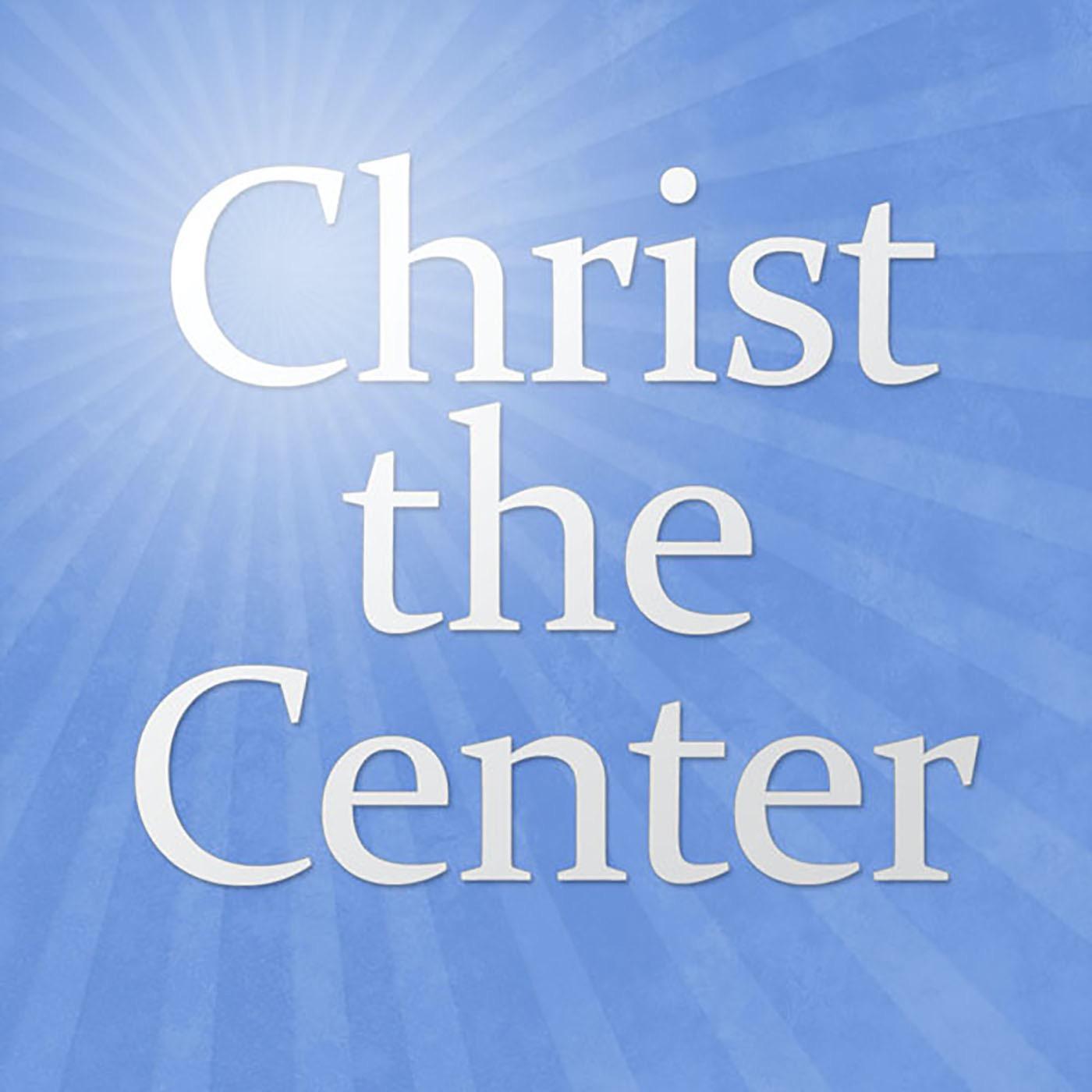
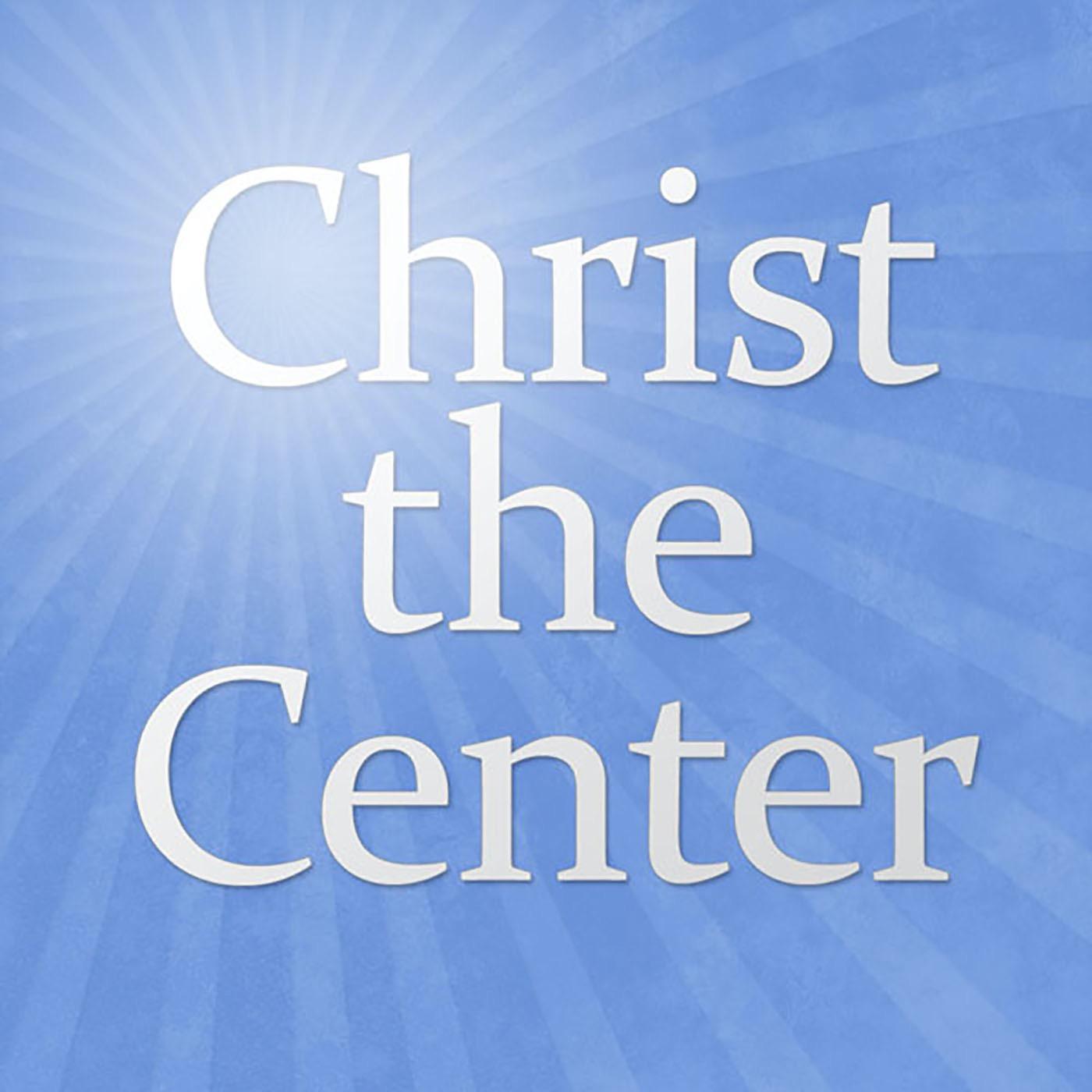
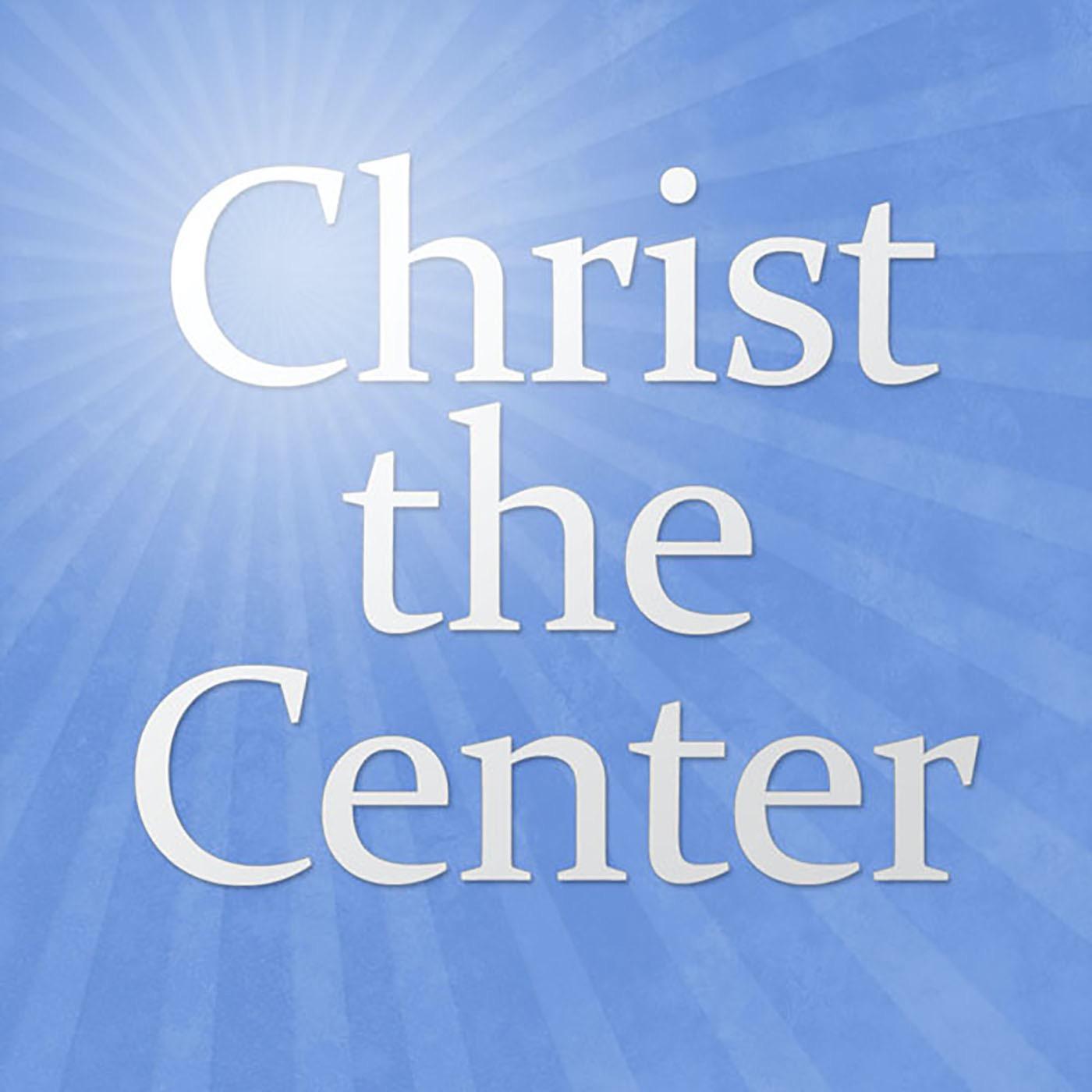

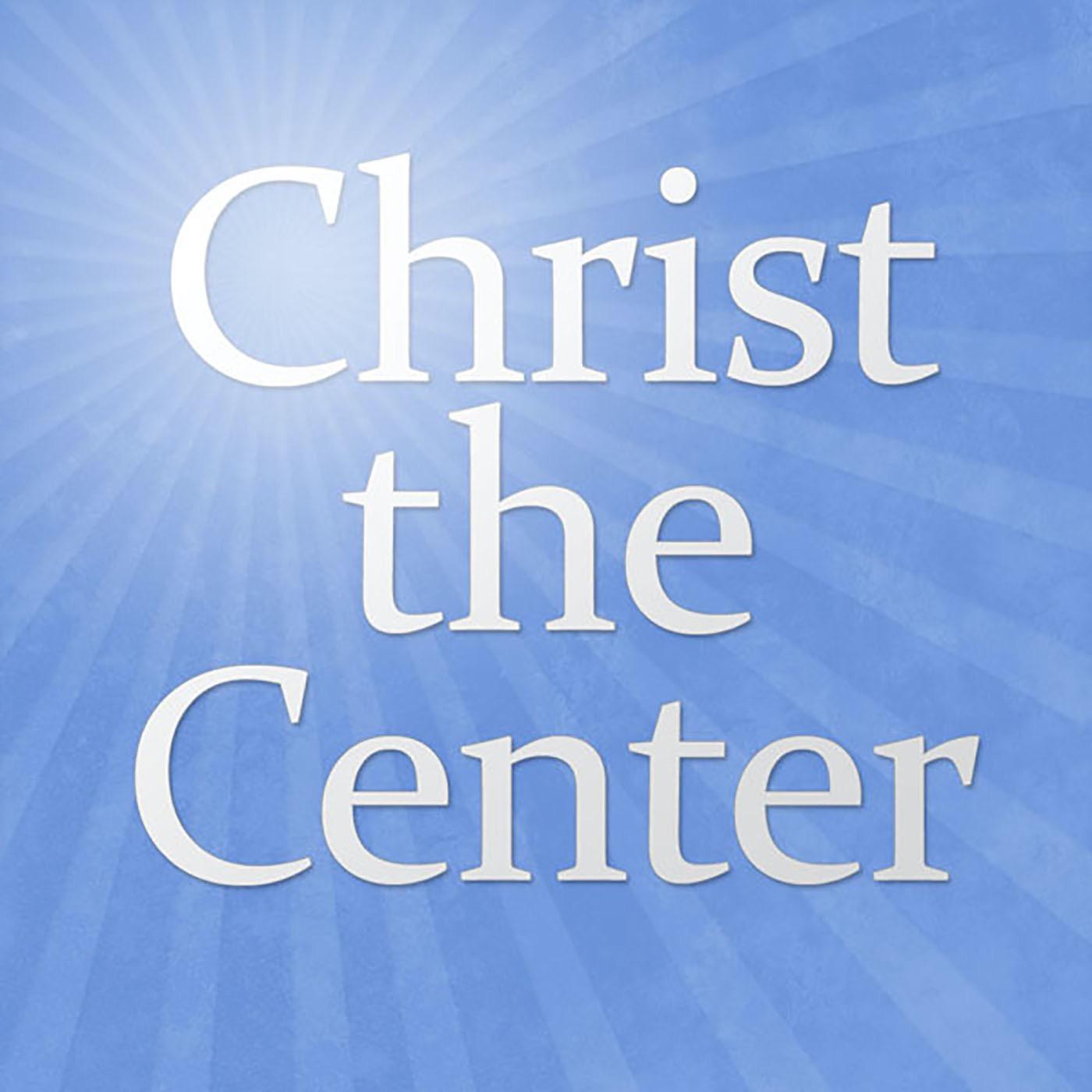
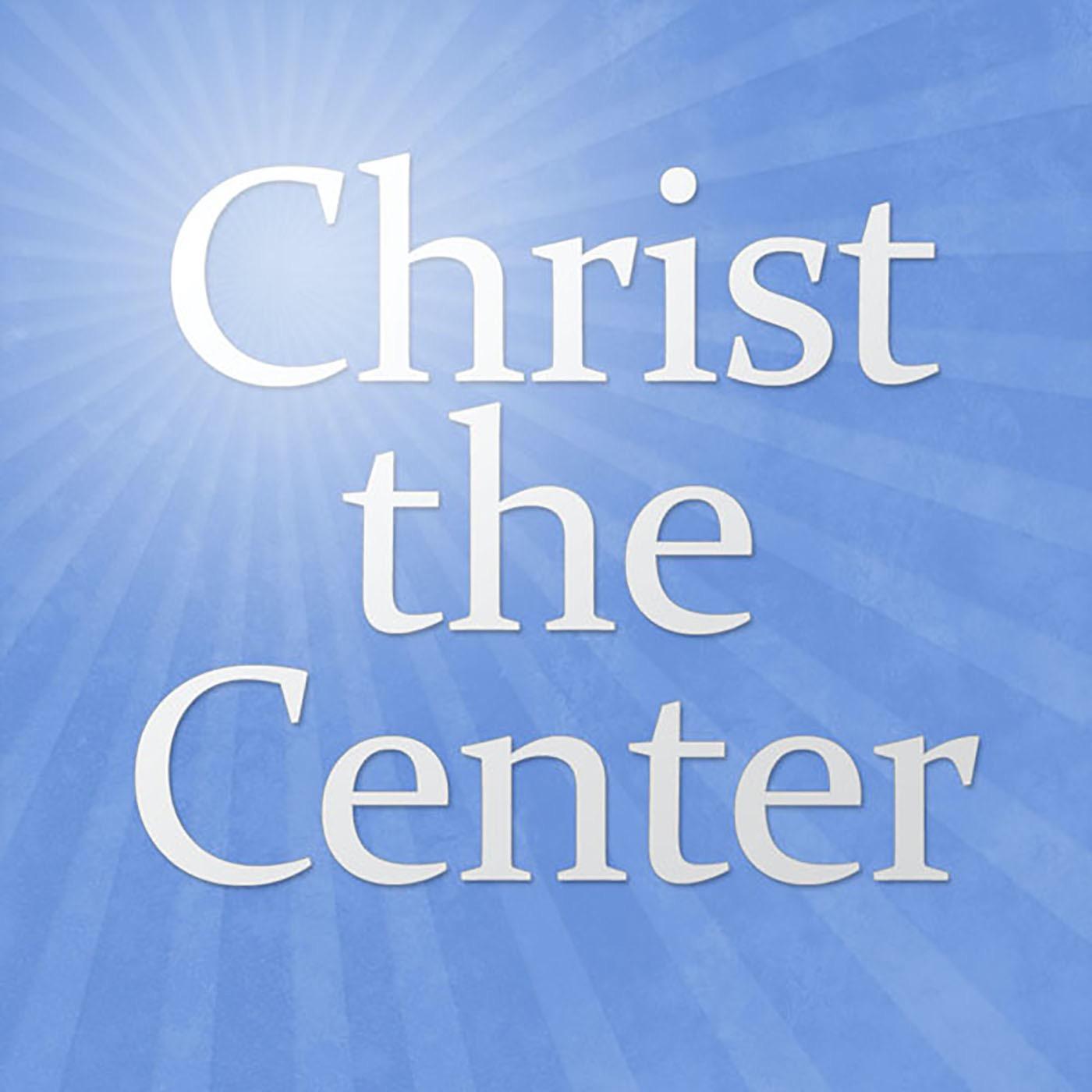
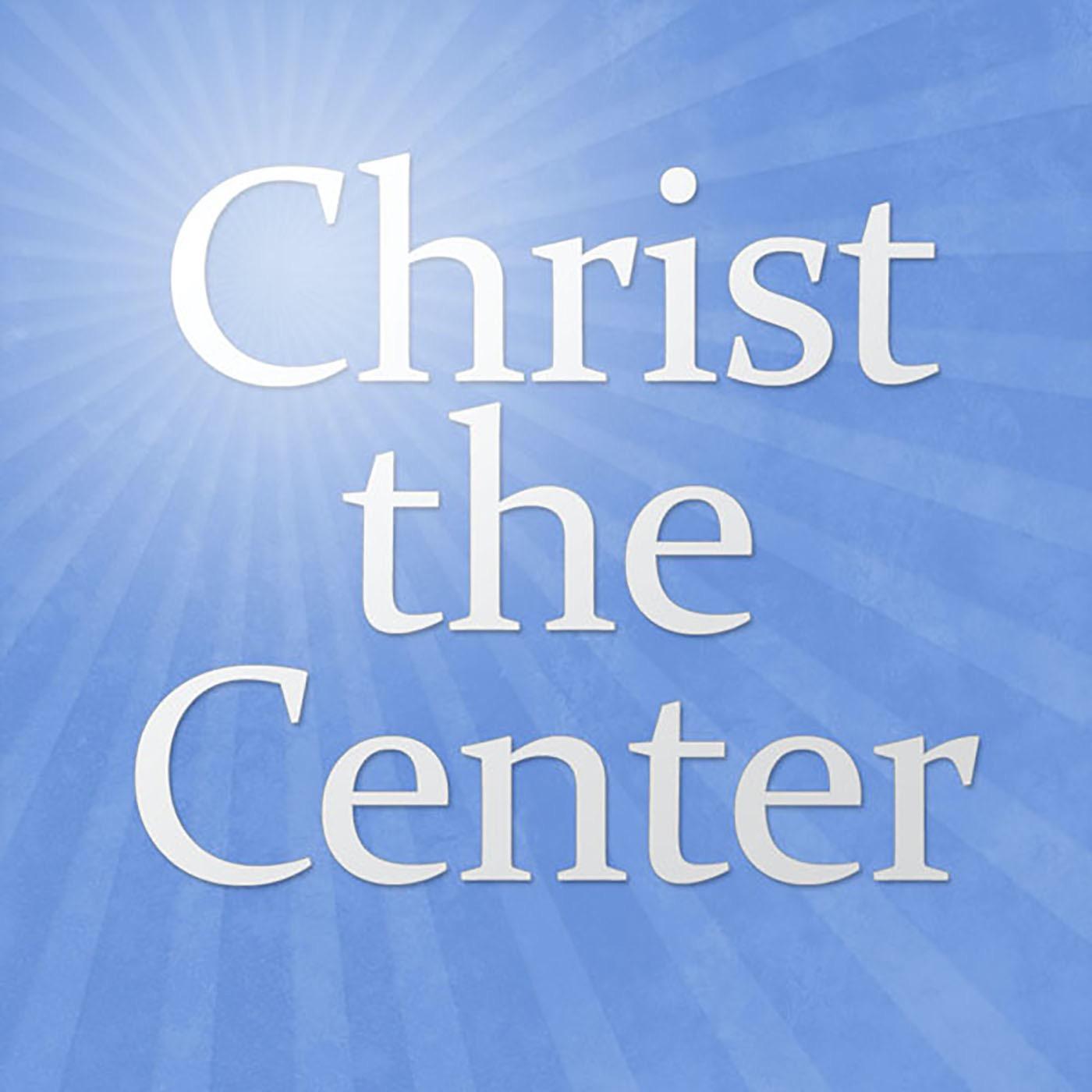


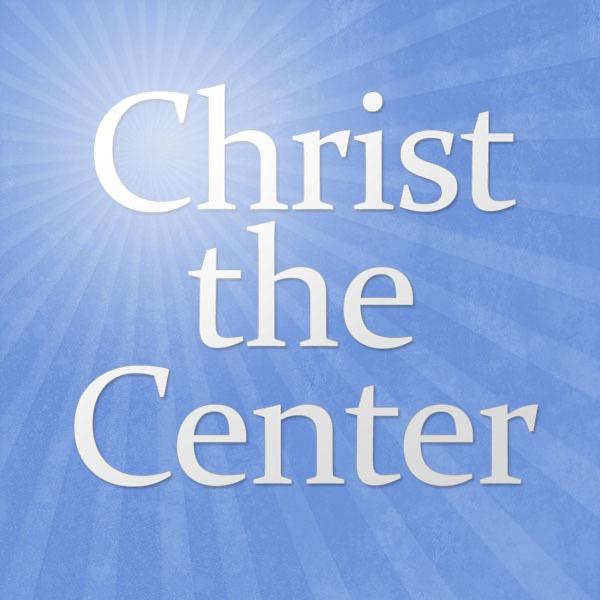
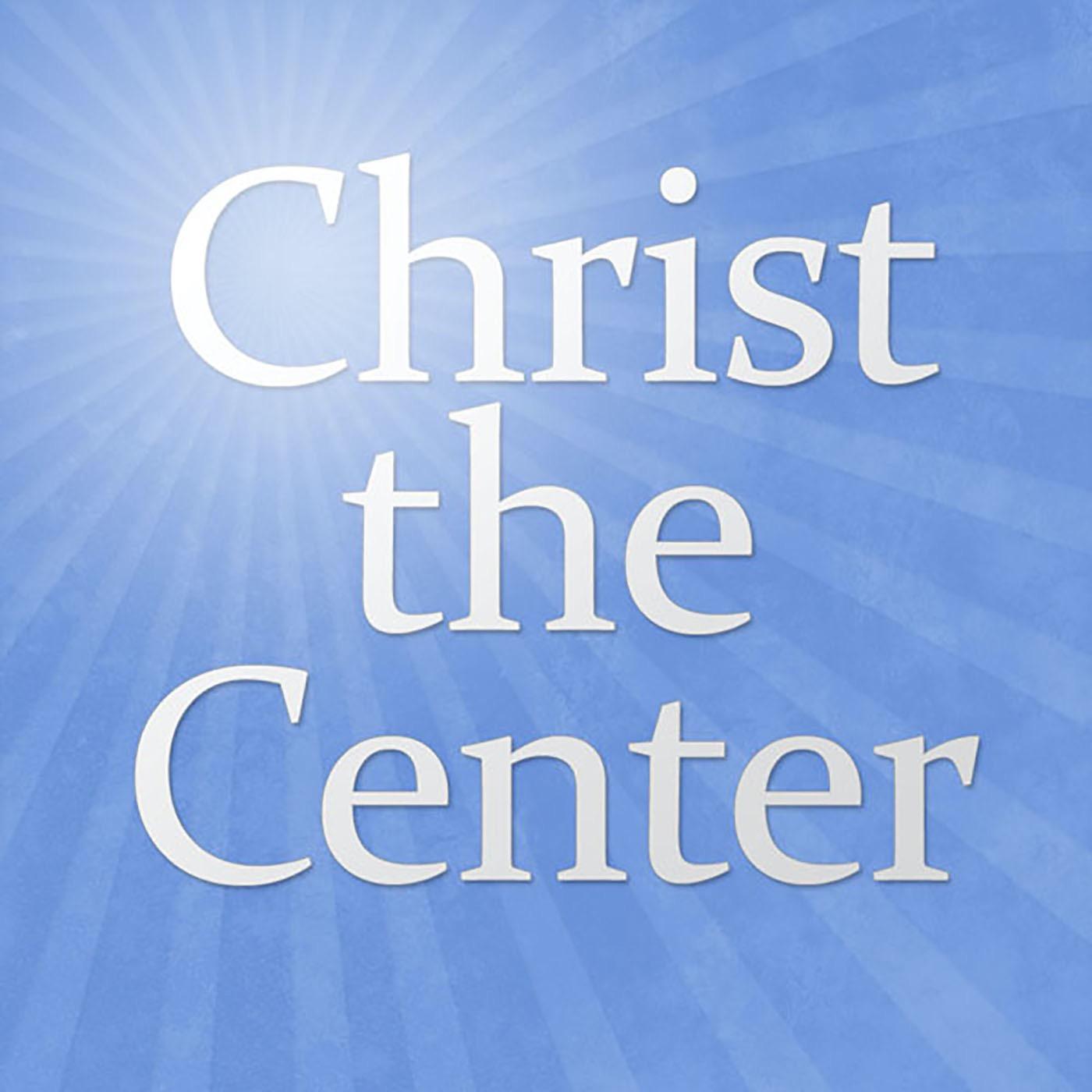
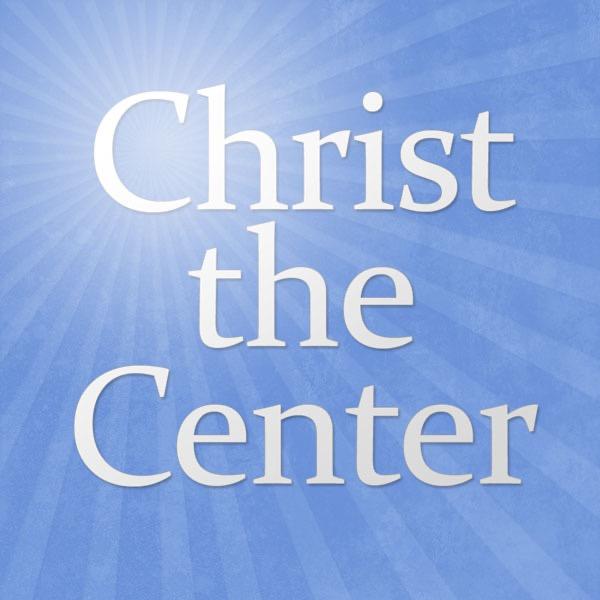
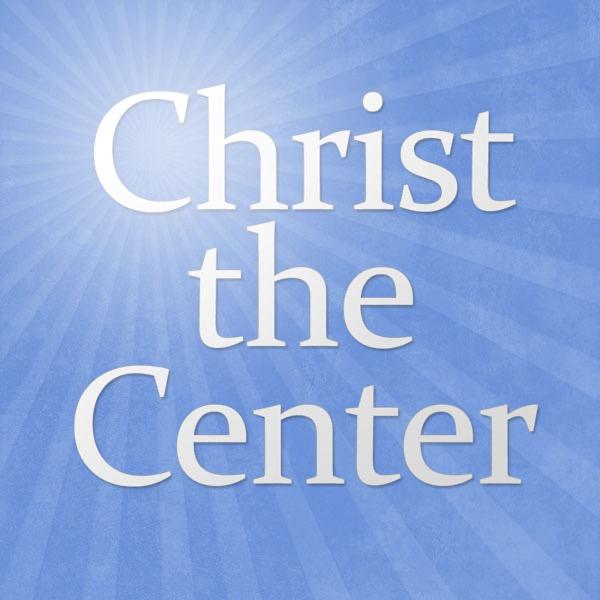
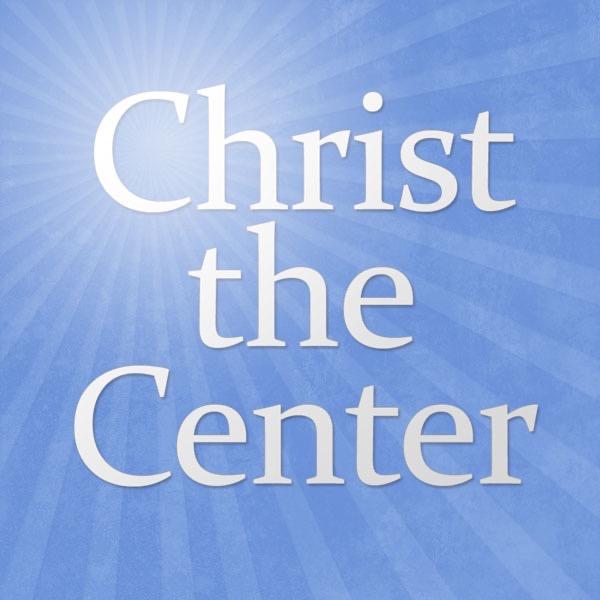
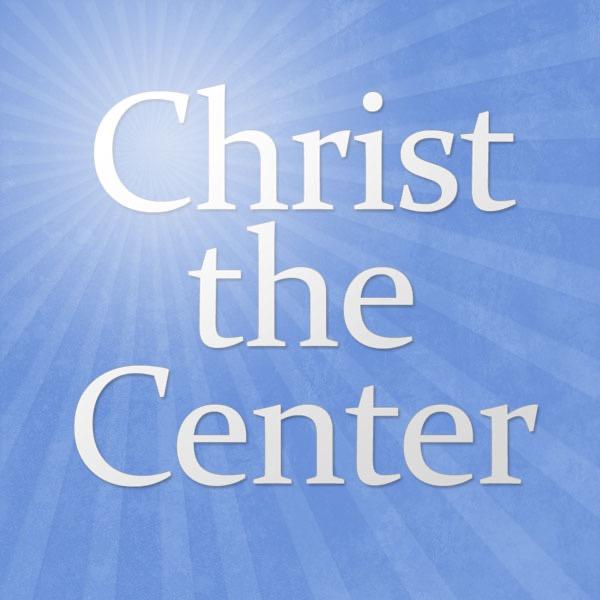
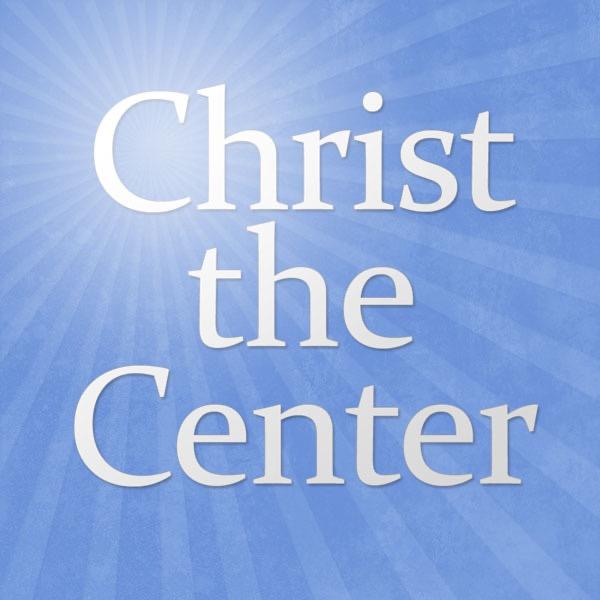



Hianime is a free site to watch anime and you can even download subbed or dubbed anime in ultra HD quality without any registration or payment. https://hianime.vip/
also don't agree that the younger generation is more inherently selfish. it was not millennials who destroyed to the economy or environment out of greed and self centeredness. it wasn't them who demand special treatment for their age and supposed experience. I think younger people just (rightly) call out blind obedience older people sometimes feel they're entitled to and promote self care (not selfishness, although certainly some do, just as some baby boomers and gen Xers do).
somewhat disagree. your parents chose to have you;you did not ask them to. they have a duty and obligation to meet the basic needs of their kids. they aren't going above and beyond just for making sure you're not naked and starved. that line of thinking imo is too similar to parent worship in the East. families owe each other love and respect, mutually, is all.